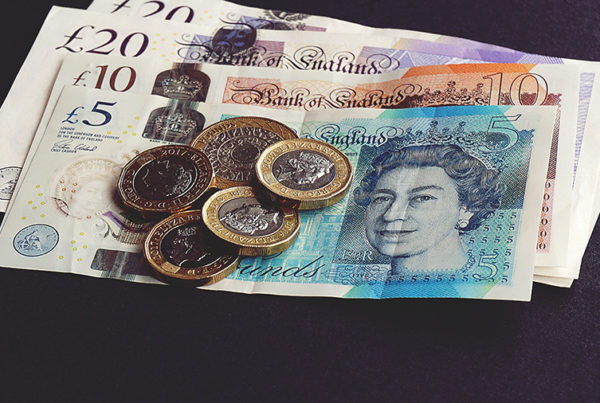Property investors will naturally be interested in any landlord tax allowance. At TaxKings, we believe you ought to know your business tax circumstances in plain English. Indeed, that’s how we operate our consultancy – with as little jargon as possible. The same applies to answering the question ‘how much tax do landlords pay?’
Let’s take a look at what your tax duties are as a landlord and see if any allowances might be able to ease the burden.
How Much Tax Do Landlords Pay?
As a landlord, the amount of tax payable varies according to your particular situation. Each person’s tax circumstances are unique and directly influence the level of tax owed.
Landlords are generally in one of three tax circumstances:
- You don’t make sufficient income to be liable for paying tax on your letting revenue.
- You pay a tax of 20% on your letting revenue.
- You pay tax on your letting revenue at 40 % or above.
As a landlord, what you pay in tax is your total net letting revenue, i.e. your overall earnings minus any allowable expenses.
HMRC regards multiple properties as one company and will assess your tax bill to reflect this.
What Are Allowable Expenses?
The expenses incurred in maintaining the property you own for rent are generally eligible for relief and come under the below categories:
- Rent (including ground rent) that you pay whether or not the property is currently being let out
- Maintenance
- Legal and professional costs, such as the cost of a letting agent, accountant and solicitor for rent collection
- Costs for cleaning and other services offered
- Business travel
- Advertising
What Tax Relief Is There For Landlords?
If your property is currently let, you can get rental income tax-free annually to a maximum of £1,000.
If your rental income is under £1,000, you don’t pay any tax. You don’t need to apply for this tax relief. It’s simply the case that HMRC won’t take anything off you if your earnings are such.
However, you must remember to declare any other earnings that you receive outside of the rental revenue for your property.
Trade Allowance
You don’t need to pay tax up to £1,000 a year if you are engaged in self-employment or do casual employment such as occasional handyman services.
The hiring of power tools is also not a matter you must declare for tax as it is considered necessary for the maintenance of the property.
Contact Tax Kings To Find Out Exactly What To Do
At TaxKings, we naturally know tax inside and out. For years, dealing with property finance issues has been our bread and butter, so contact us and tell us your landlord tax issue.
We’ll let you know exactly how we can solve any complications you’re going through in plain English. There’s no need to give yourself a headache studying the tapestries of taxation code. It’s what we do. Get in touch, and we’ll sort it.




